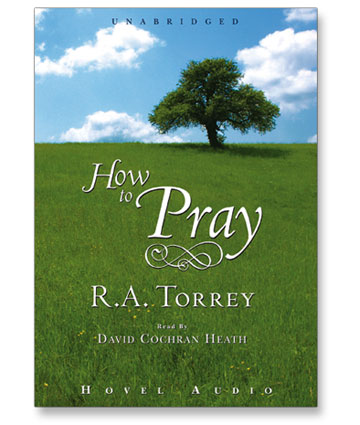And to this I must say, Amen!
N. T. Wright is one of the best Bible teachers out there when it comes to eschatology and God’s ultimate purpose for mankind and the rest of the creation. One of the things he loves talking about is “life after life after death”. His point is that “life after death” is not the end. It’s not our final resting place. Heaven, as most Christians think today, is not the end goal of the Christian life. The “end”, instead, is the beginning of life as God always planned it to be. Life after life after death begins with resurrection. And in resurrection the Christian inherits a new heaven and a new earth.
In other words, heaven and earth will finally be one, God will be all in all, and man will finally dwell on the earth as God has always intended it to be. Had God decreed something other than the fall, Adam would have fulfilled his calling to expand the Garden and dwelling place of God on the earth (i.e. – to fill and subdue the planet, Gen. 1:26-28) and his descendants would have been brought into a new heavens and a new earth once the Genesis dominion mandate was fulfilled.
Let us thank God for the Last Adam, Jesus Christ, who fulfilled Adam’s calling and guaranteed a new heavens and a new earth to all who trust in him!
So, why the interview? Well, Wright has just published his second book in a trilogy of books on the essentials of the Christian Faith. Thankfully, Time has interviewed him for us here. I am reposting the interview below. Enjoy! Continue reading N. T. Wright Interview: Christians Wrong About Heaven




